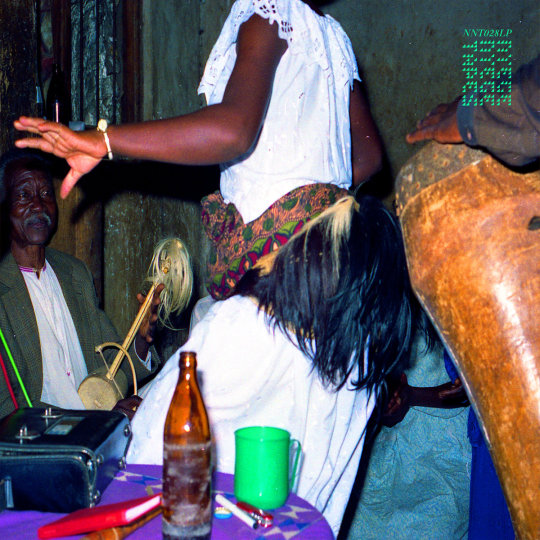#Uganda
Text
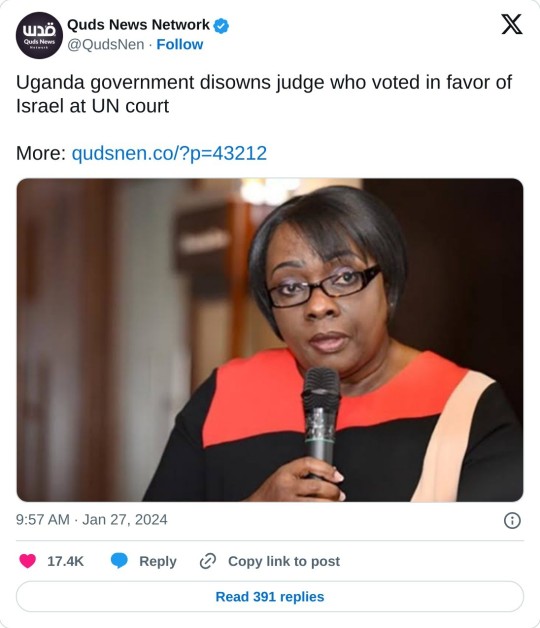
“Justice Sebutinde ruling at the ICJ does not represent the Government of Uganda’s position on the situation in Palestine,” Uganda’s Permanent Representative to the UN, Adonia Ayebare, wrote on X.
“Uganda’s support for the plight of the Palestinian people has been expressed through our voting pattern at the United Nations.”
#yemen#jerusalem#tel aviv#current events#palestine#free palestine#gaza#free gaza#news on gaza#palestine news#news update#war news#war on gaza#icj hearing#south africa#uganda#gaza genocide
4K notes
·
View notes
Text
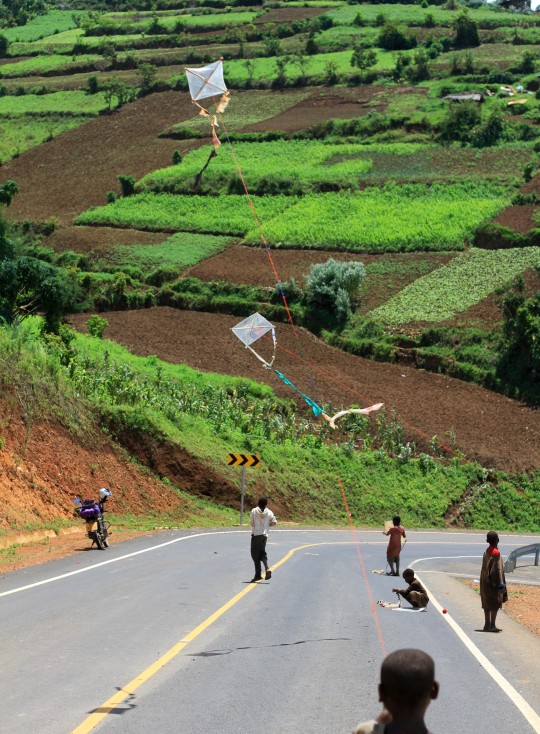
Flying kites in Kabale, Uganda
by Adam Cohn
1K notes
·
View notes
Text
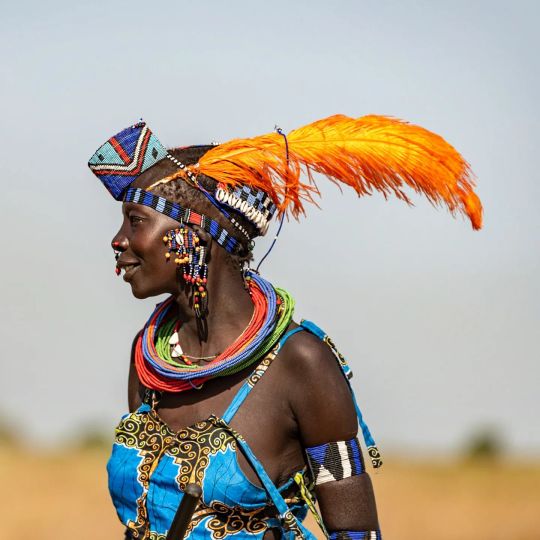
Jie woman, Uganda, by David Dhaen
#jie#uganda#africa#central africa#folk clothing#traditional clothing#traditional fashion#cultural clothing
510 notes
·
View notes
Text
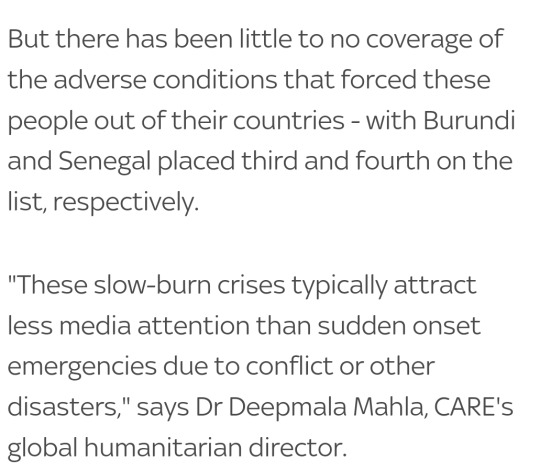

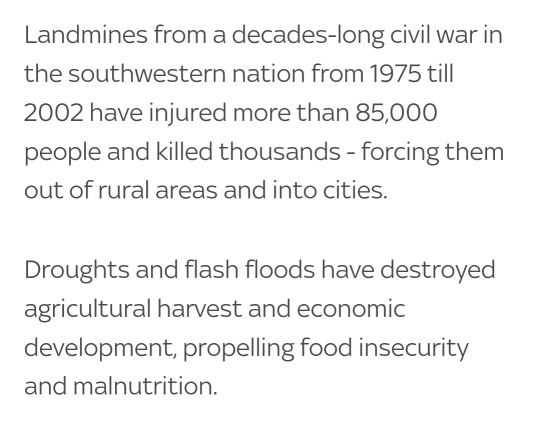

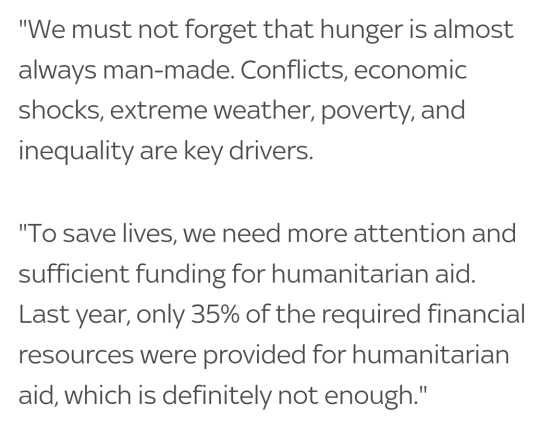
946 notes
·
View notes
Text




🪶👞shoebill stork👞🪶
408 notes
·
View notes
Text
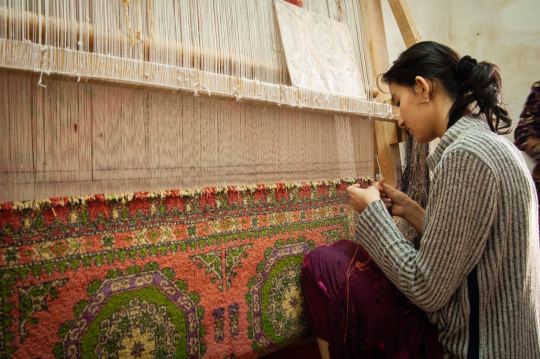
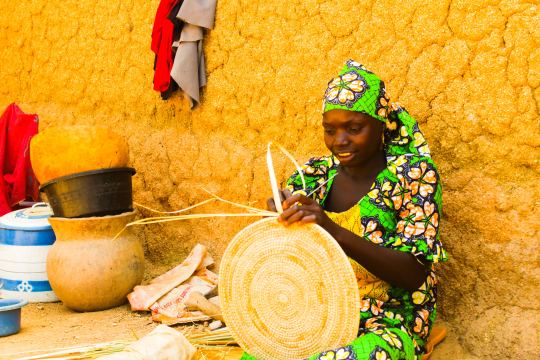
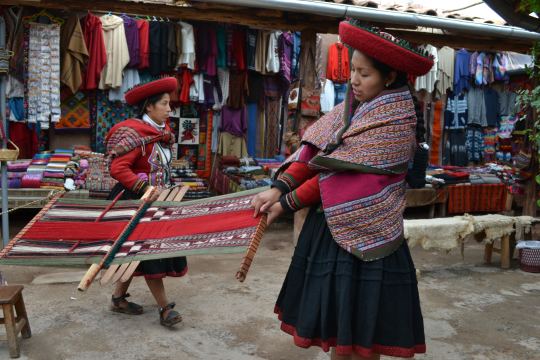

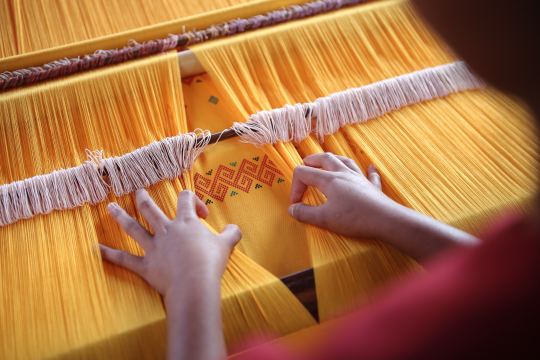
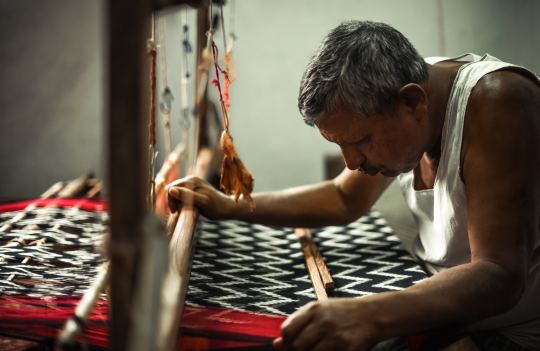
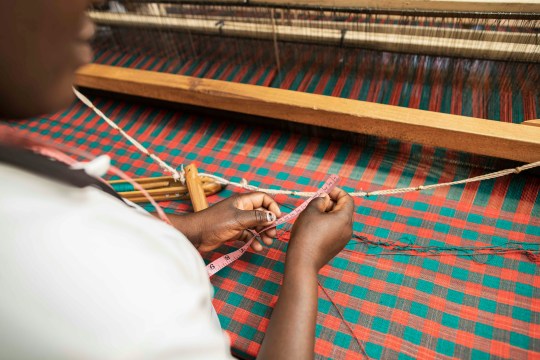
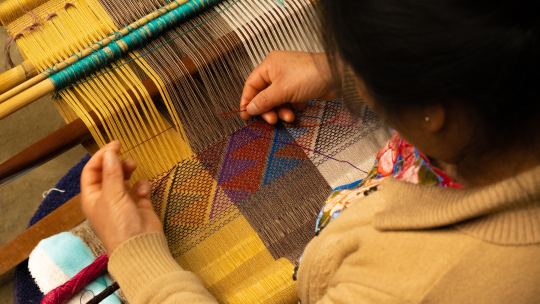
Weaving around the world
Bukhara, Uzbekistan
Kano, Nigeria
Urubamba Valley, Peru
Tehran, Iran
Toraja, Indonesia
Telangana, India
Kampala, Uganda
Chiapas, Mexico
631 notes
·
View notes
Text

Cape buffalo Syncerus caffer
Observed by thijsvalkenburg, CC BY-NC
220 notes
·
View notes
Text

Aerial view of a weather cell in south west Uganda
2K notes
·
View notes
Text
"When Ghana’s parliament voted to decriminalise suicide and attempted suicide in March, Prof Joseph Osafo felt a weight lift from his shoulders.
Osafo, head of psychology at the University of Ghana, had been engaged in a near 20-year battle to abolish the law – brought in by the British – which stated that anyone who attempts suicide should face imprisonment or a fine.
“It was a very good feeling. I felt like a certain burden had been removed. I was extremely elated,” he remembers. “Then the next morning, I realised we had a lot of work to do.”
Four countries decriminalised suicide in just the past year
Ghana is one of four countries to have decriminalised suicide in the past year – Malaysia, Guyana and Pakistan are the others. More could soon follow, which campaigners say is a sign of greater awareness and understanding of mental health. Kenya and Uganda have filed petitions to overturn laws and members of the UN group of Small Island Developing States have committed to decriminalise. Discussions are also being held in Nigeria and Bangladesh.
“There seems to be a domino effect taking place,” says Muhammad Ali Hasnain, a barrister from United for Global Mental Health, a group calling for decriminalisation. “As one country decriminalises suicide, others start to follow suit.”
“It is quite unusual,” adds Sarah Kline, the organisation’s chief executive. “It’s a huge sign of progress and an important step forward for the populations most at risk, as well as the countries as a whole.” ...
A large number of laws were introduced by the British during colonial rule. Suicide was decriminalised in England, Wales and Northern Ireland in the 1960s – it was never criminalised in Scotland...
The results of these punishments can be “devastating” and present “a huge barrier” to addressing the problem, says Natalie Drew, a technical officer with the mental health policy and service development team at the World Health Organization. Health experts and advocates argue that suicide should be treated as a public health issue rather than a crime.
Criminalising suicide denies people the right to access health services and discriminates against them because of something they’re experiencing, Drew adds. Research shows that in countries where suicide has been decriminalised, people can seek help for mental health and rates tend to then decline.
Next Steps
In September, the WHO is due to release a guide on decriminalising suicide for policymakers, with explanations of how countries have managed it...
“[Ghana’s decision] should have an impact on the work ongoing in other countries, especially in the Africa region,” says Osafo. Within the past couple of months, he has set up a mental health working group with representatives from about 20 African countries, and one of the biggest issues on the agenda is decriminalisation of suicide, he says. “Nigeria is active, Cameroon is active … Kenya has joined and is doing fantastic work. We have Uganda. People have been asking us how we did it.”
Since suicide was decriminalised in Malaysia last month, Anita Abu Bakar, founder and president of the Mental Illness Awareness and Support Association (Miasa), has already seen things change. Crisis response teams and helplines are expanding, and money from the mental health budget is being given to organisations who work in the community. “This is the shift we’re so happy to see,” she says. “It was such an archaic law.”
She adds: “I’m a person with lived experience. What does decriminalisation mean to people like me? We feel supported, we feel this conversation can go to a different level. Obviously decriminalisation is not the only way to prevent suicide, but it’s a big one. I’m happy for this progressive move – better late than never. I’m excited to see what happens next, not just for Malaysia but for the rest of us.”"
-via The Guardian, July 20, 2023
#cw suicide#cw sui mention#ghana#malaysia#guyana#pakistan#nigeria#kenya#uganda#cameroon#mental health#mental illness#healthcare access#decriminalization#england#colonialism#good news#cw sui attempt#suicide
393 notes
·
View notes
Text
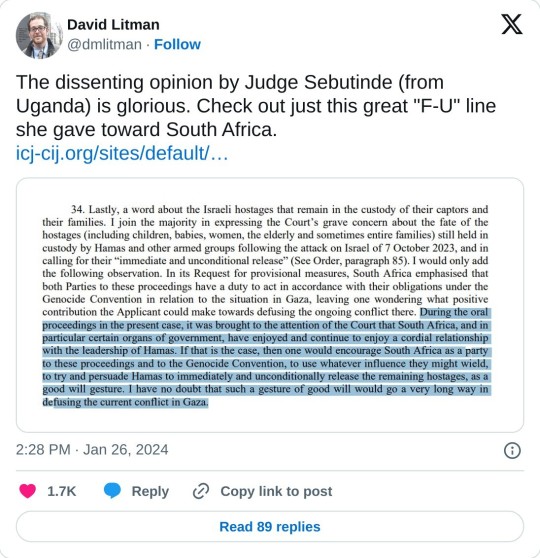
185 notes
·
View notes
Text

TIARA ALERT: Queen (Inhebantu) Jovia Mutesi of Busoga wore a diamond tiara for her wedding to King (Kyabazinga) William Gabula Nadiope IV of Busoga at Christ Cathedral Bugembe in Jinja City, Uganda on 18 November 2023.
#Tiara Alert#Queen Jovia Mutesi#Busoga#Busogan Royal Family#Uganda#Ugandan Royalty#African Royalty#tiara#diadem#royal jewels#royaltyedit
232 notes
·
View notes
Text

Ugandan women, Uganda, by Mikolo
#ugandan#ganda#uganda#africa#central africa#folk clothing#traditional fashion#traditional clothing#cultural clothing
314 notes
·
View notes
Text


two 1975 Uganda stamps from a series on crops
[id: two postage stamps with illustrations of crops. the left depicts three ripe tomatoes on the vine. the right depicts three shoots of sugar cane. in the background of both stamps are silhouettes of the full plants. end id]
477 notes
·
View notes
Text
If Ugandans have a social safety net, it is woven from banana fibers, and if there is a clear path to socialism, it will be lined with banana leaves. The lusuku model, premised on intercropping and smallholder farming, could be the basis for national agrarian reform that improves the lives of Uganda’s agricultural workers without accelerating the destruction of the natural environment. Uganda faces increasing difficulty feeding itself because of climate extremes and land degradation, and this affects farmers more significantly than anyone else. Moreover, since the 1990s, the ruling National Resistance Movement regime sold off and dismantled most of the coffee, tea, and cotton growers cooperatives, leaving smallholder farmers in the hands of the predatory middlemen which cooperatives had been established to protect them against. Unable to collectively bargain and exposed to dramatic fluctuations in the market prices for cash crops, many people left rural areas to search for employment in cities. This has been a driving force behind the massive inequality between rural and urban workers.
Ugandans now produce more food than they consume, even exporting to other countries in the region, yet 41% of people are undernourished, and agricultural production has decreased over the last 20 years. For the most part, the strategy pursued by Uganda’s government has been to encourage the development of ecologically disastrous intensive agriculture for export, privileging foreign investors rather than developing the infrastructure that would benefit peasants. Indeed, while more than 70% of Ugandans are employed in agriculture, the sector only receives around 4% of public investment, and projects aimed at helping smallholder farmers have had very little success, even by their own standards. Many of the government’s investments in agriculture very clearly advantage larger landowners, to the detriment of the poorest farmers. For example, most of the government’s investment in labor-saving technologies has been spent on tractors, which are great for large plots but largely unaffordable or unsuitable for the average farmer, whose plot is usually between 1-3 acres large.
However, a socialist transition premised on agroecological reforms could make use of the existing lusuku model to create the kind of growth that actually improves poor farmers’ lives without destroying their environment. This could begin with reestablishing cooperatives and engineering agricultural prices around social needs and goals, like guaranteeing access to food. Research from around the world has shown that while large, monocrop plantations are good at producing huge volumes of one crop, smallholder farms are more productive when evaluated on a per-unit area and are capable of securing national food sovereignty. Why, for example, should Ugandans buy rice imported from Pakistan or Vietnam when banana intercropping yields more calories per hectare than rice? Lusukus could feed the nation without relying on foreign experts, development aid, or the capital-intensive inputs now being imported to grow for export. Because lusukus are far better for the soil, they also improve the nation’s capacity to resist severe floods and drought, effects of climate change that hit poor farmers hardest. In these ways, the lusuku model could provide a sustainable path to socialist development.
284 notes
·
View notes

